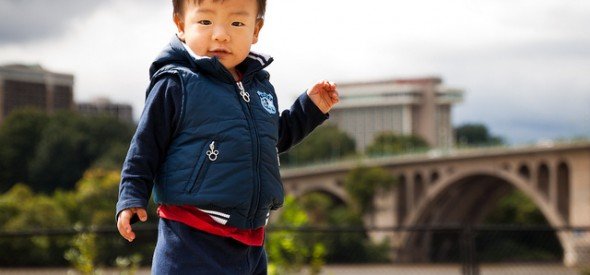Whose Problem Is It Anyway?
Comments Off on Whose Problem Is It Anyway?March 7, 2013 by admin


Continuing in my series on discipline…
By Arwen McGilvra-
Natural Consequences:
“A natural consequence happens as the result of an action without a parent or caregivers intervention. For example going outside without a coat on a winter day means you will get cold. Leaving a book outside in the rain means it will get wet and possibly be ruined. Touching a hot stove means you may get burned.” from How are consequences different than punishment?
Deciding to let your child experience natural consequences can be tough. We want to step in and save them. We hover over them to make sure that they are taken care of at all times.Yet at some point they need to learn to be responsible for themselves.
Letting them safely experience the natural consequences of their action builds responsibility, and accountability into your children. I like how the University of Wisconsin Extension puts it:
Some problems are the child’s alone. When this is the case, it’s often best simply to let whatever will happen, happen. As long as the consequences are not dangerous, don’t interfere. This is a natural consequence. Using Natural and Logical Consequences
Not only can natural consequences teach responsibility, they keep us from nagging kids all the time. A natural consequence like being cold when you go out without a coat on becomes a teaching moment. You can talk about the weather, show them how to use a thermometer, or talk about being prepared when you leave the house. This is exactly the type of situation I mean when I talk about installing discipline. In this situation a time-out isn’t going to teach them anything. Experience is their teacher.
If they continue going out without a coat you can get more creative with the solutions. Make a game of checking the thermometer through out the day. Play dress up together. Let them color a sign to hang on the door reminding them to put a coat on. Watch the weather together in the evenings, and then layout clothes together for the next day that are appropriate for the weather. If they forget their coat have them practice getting if off the hook, putting it on and taking if off 10 times.
Of course there are situations where the natural consequence isn’t appropriate. For example waiting until they have cavities to make them brush their teeth. Not only is their health too important to wait months for the cavities to build up it’s too removed from the day to day habit of brushing. If there is too much time between the natural consequence and the action the connection will be lost on the child.
Also remember that natural consequence are things that can be avoided, but that you have no control over. You can’t control the weather for your child. They can avoid being cold during winter by wearing the appropriate clothing. You can’t control a child’s hunger, but they can avoid being hungry by eating at meal times.
You’ll be a lot less stressed letting natural consequences happen in these circumstances than if you are always yelling “Put your coat on!” as the door slams shut. Remember the problem isn’t yours. You’re not forgetting your coat, and you’re not the one getting cold.
And as always try to catch them doing it right and praise them when you do. Praise works wonders even better than natural consequences.
Category Discipline | Tags: Be Respectful, Be responsible, Be Safe, Child Behavior, Clear Expectations, discipline, guidance, natural consequences, Parenting, positive, proactive
Comments Off on Whose Problem Is It Anyway?
Sorry, comments are closed.

